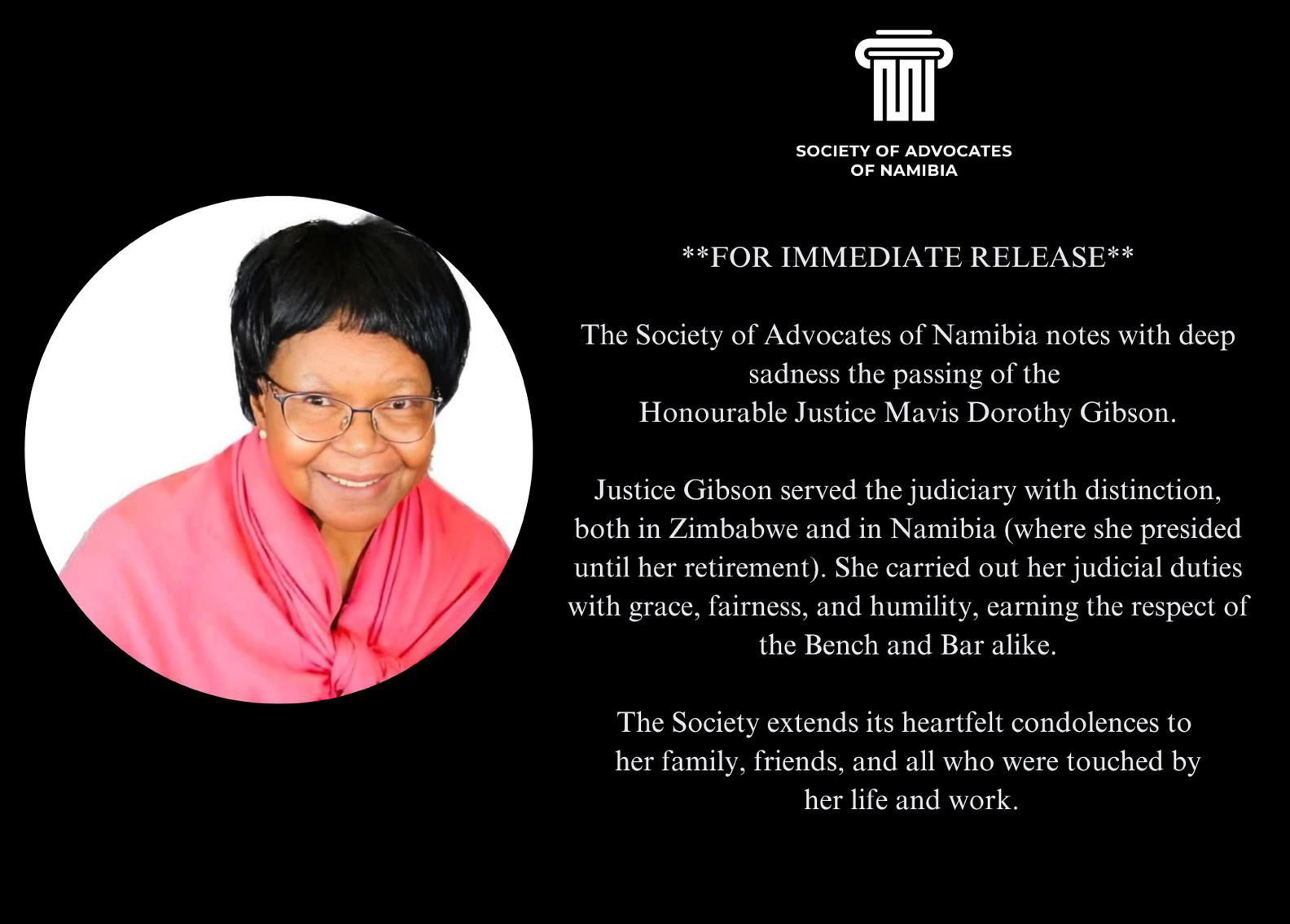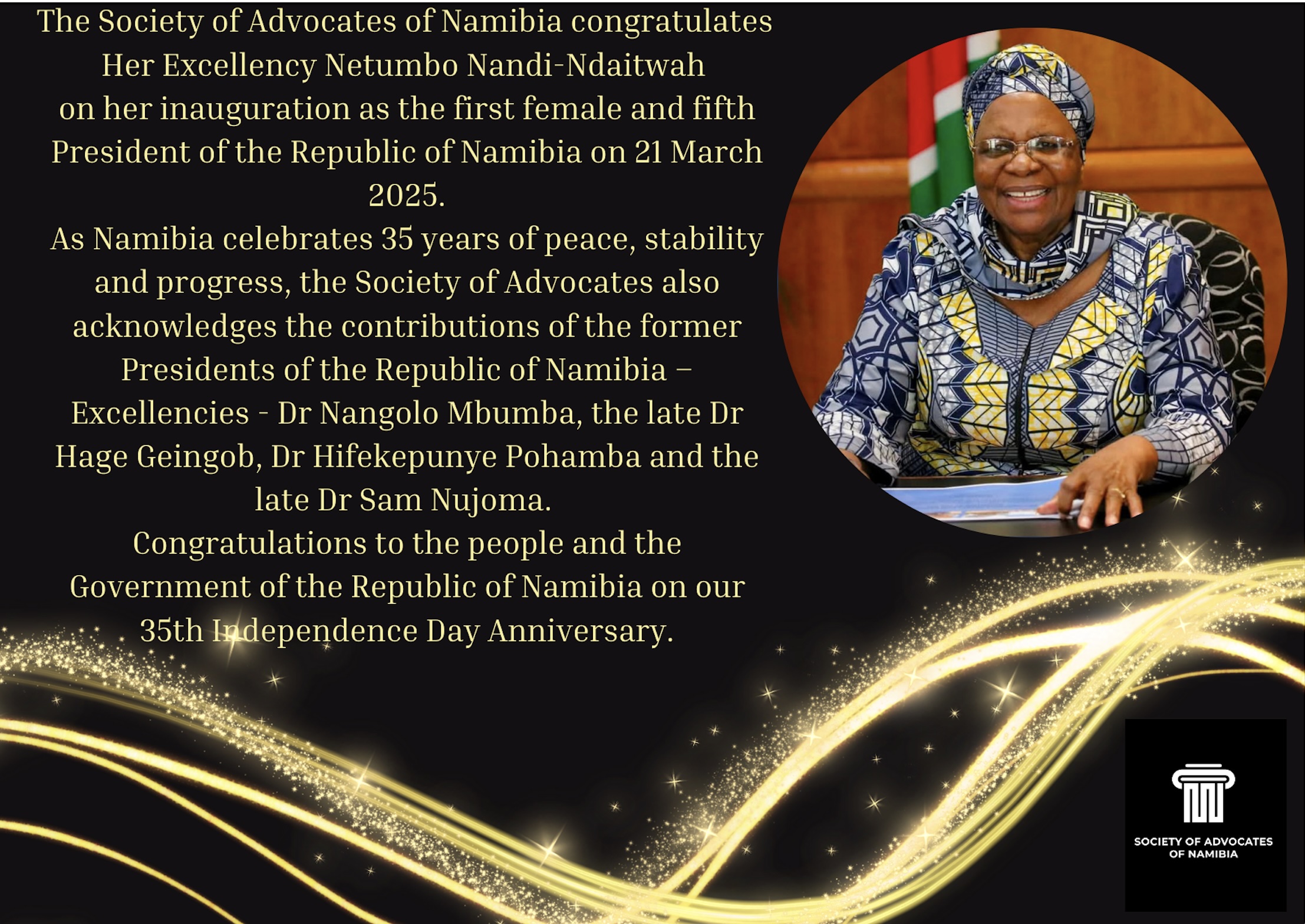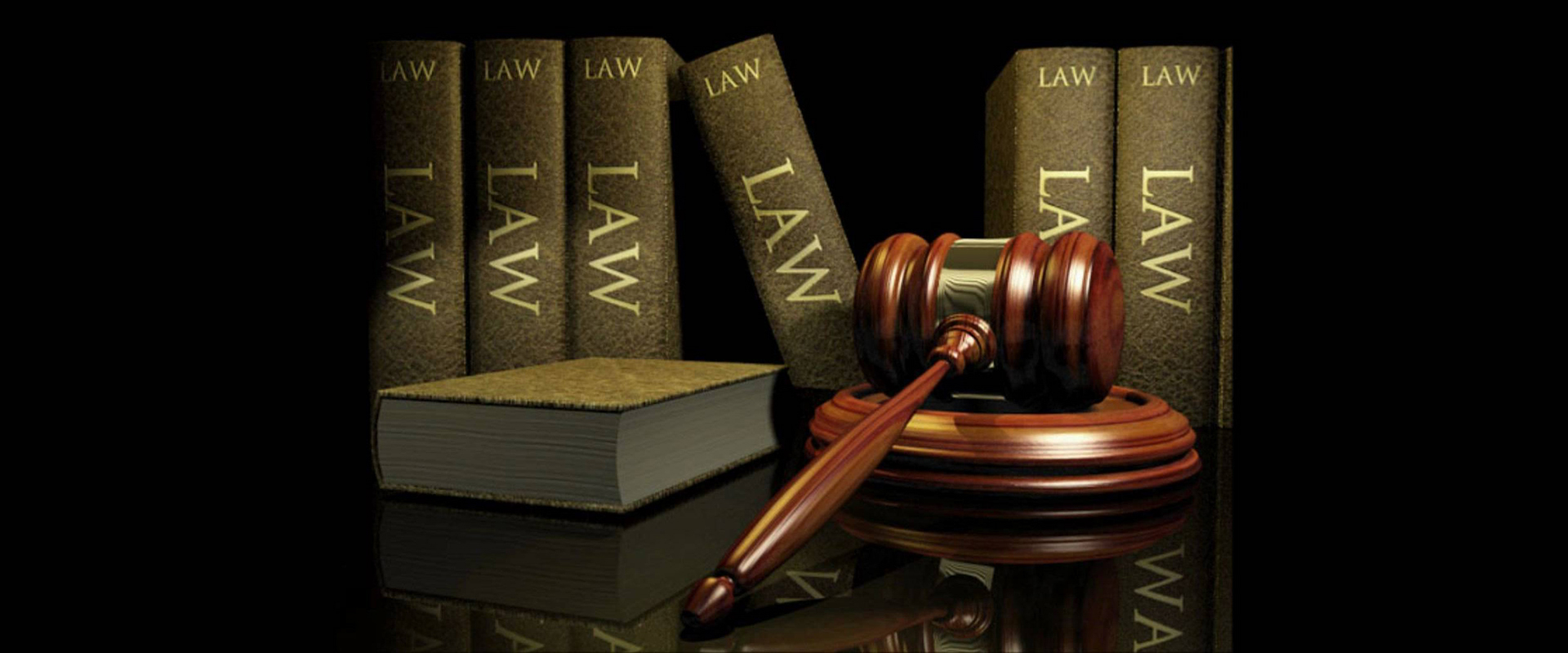STATEMENT OF INTENT
The Bar identifies itself fully with and is committed to the values and ideals embodied in the Constitution of the Republic of Namibia. As a body of independent practitioners who act on a referral basis, the Bar is committed to providing specialised legal representation at fair fees to all persons who require those services. By providing this representation, as well as assisting with the protection of human rights and supporting access to justice for indigent persons as well as alternative dispute resolution, the Bar strives to serve all the people of Namibia.
more about us
Legal System
THE ROLE OF ADVOCATES IN THE NAMIBIAN LEGAL SYSTEM
The legal system affects everyone, be it in drawing up a will, buying a house, getting divorced or having to appear in a court of law. The legal profession is especially trained to assist all members of society in this regard.
Up to 1995 the legal profession in Namibia used to be divided into advocates (barristers), and attorneys (solicitors). No dual practice was permitted.
Since the promulgation of the Legal Practitioner's Act, Act no. 15 of 1995, the previous division of the legal profession into advocates and attorneys was removed. Read More
ADVOCATES AND ATTORNEYS - WHAT IS THE DIFFERENCE?
The legal system affects everyone, be it in drawing up a will, buying a house, getting divorced or having to appear in a court of law. The legal profession is especially trained to assist all members Read More
WHAT IS THE BAR ?
There are therefore two categories of legal practitioners in Namibia, that is legal practitioners practising with a Fidelity Fund Certificate, (sometimes also referred to as lawyers or attorneys) and advocates, legal practitioners exempted Read More
WHAT IS THE BAR COUNCIL?
Historically advocates have been organized into societies of advocates practising in the major centres of their countries. These societies are historically known as bars which are, in essence, fraternities of men and women, who practise Read More
WHAT DO ADVOCATES DO ?
Advocates are primarily experts in the art of presenting and arguing cases in court. Until 1995 only advocates had audience and the right to present cases in the higher courts such as Read More
WHY ARE ADVOCATES IMPORTANT?
Legal representation in the courts is a fundamental right of Namibians and all other litigants. It is vital that such representation should come from as broad a cross- section of Namibian society Read More
HOW DO I BECOME AN ADVOCATE?
The requirements for membership to the Namibian Bar are a recognised Bachelor of Laws degree, admission as a legal practitioner in terms of Act 15 of 1995 Read More
NEWS AND PRESS RELEASES

SOCIETY OF ADVOCATES: PUPILLAGE PROGRAMME - PERIOD AMENDMENT
The Society of Advocates of Namibia has resolved to amend its pupillage programme timelines as follows: 2025/2026 Pupillage Programme: Friday, 13 June 2025 at 16h30: Deadline for application to participate in the 2025/2026 Pupillage Programme June 2025: Applications will be distributed to obtain comments from SOA members. June 2025: Pupillage Committee will conduct Interviews with the applicants. June 2025: Bar Council will consider the recommendations of the Pupillage Committee. July 2025: Applicants will be informed if their applications are successful. August 2025: Confirmation of pupil masters will be provided to applicants.
Read More
Passing of Honourable Justice Mavis Dorothy Gibson
The Society of Advocates of Namibia notes with deep sadness the passing of the Honourable Justice Mavis Dorothy Gibson. Justice Gibson served the judiciary with distinction, both in Zimbabwe and in Namibia (where she presided until her retirement). She carried out her judicial duties with grace, fairness, and humility, earning the respect of the Bench and Bar alike. The Society extends its heartfelt condolences to her family, friends, and all who were touched by her life and work. Read More

CONGRATULATIONS
The Society of Advocates of Namibia congratulates Her Excellency Netumbo Nandi-Ndaitwah on her inauguration as the first female and fifth President of the Republic of Namibia on 21 March 2025. As Namibia celebrates 35 years of peace, stability and progress, the Society of Advocates also acknowledges the contributions of the former Presidents of the Republic of Namibia - Excellencies - Dr Nangolo Mbumba, the late Dr Hage Geingob, Dr Hifekepunye Pohamba and the late Dr Sam Nujoma. Congratulations to the people and the Government of the Republic of Namibia on our 35th Independence Day Anniversary. Read More

MESSAGE OF CONDOLENCES
The President, Council and membership of the Society of Advocates of Namibia are deeply saddened by the passing of the Founding Father of the Namibian Nation and former President of the Republic of Namibia, Dr Sam Shafishuna Nujoma on 8 February 2025. Our heartfelt condolences go to his widow the former First Lady, Madame, Kovambo Theopoldine Nujoma, family, and friends knowing that this loss is not just theirs but a shared loss of the Namibian people... Read More




